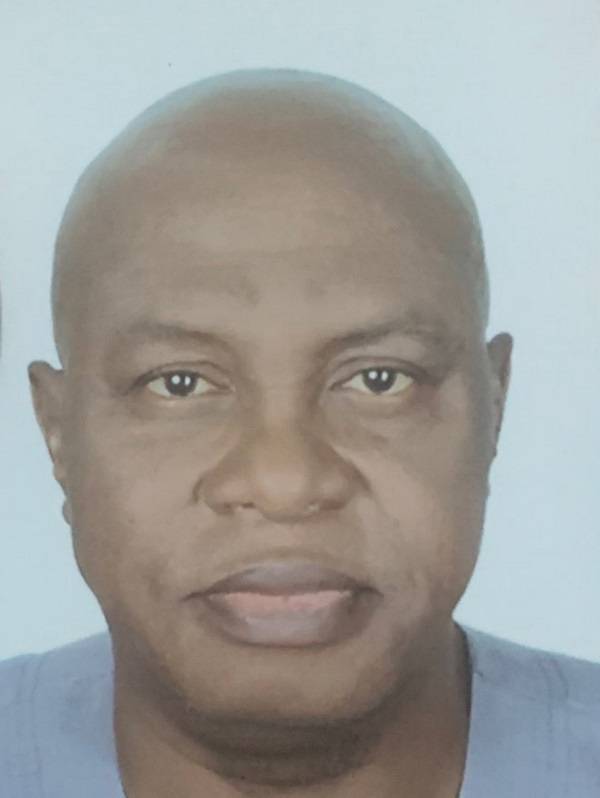
The digital switch over (DSO) process, initially slated to conclude by 2015, received a five-year extension until 2020. However, as of now, Nigeria has been unable to achieve significant progress in this direction.
Only six states have partially implemented the DSO, while the remaining 30 states, including the Federal Capital Territory, are grappling to actualise the process.
The DSO, approved by the International Telecommunications Union (ITU) at the ITU Regional Radiocommunication Conference (RRC-06) in 2006, was designed to migrate analogue signals to digital broadcasting. Initially projected to end in June 2015, it was extended to 2020. Unfortunately, some ITU Region 1 countries, including sub-Saharan Africa, where Nigeria belongs, have struggled to meet implementation and obligation deadlines.
While other countries in this region strive to create an enabling environment for DSO implementation, Nigeria’s situation has been marred by political constraints. A former minister allegedly hijacked the process from the National Broadcasting Commission (NBC), centralising the implementation in his office. He exercised control over decisions, contracts, and terms.
Former President Goodluck Jonathan initiated a high-powered committee to collaborate with the NBC and the Information and Culture Ministry for DSO implementation, as per the ITU document. However, the committee’s work was truncated when Jonathan lost his re-election bid. The expectation was that the new government would resume the implementation, but a twist occurred as the new Minister of Information took charge, warehousing the entire project in his office. Approval for set-up boxes and necessary infrastructure was only possible with the minister’s consent, sidelining the NBC and critical stakeholders.
Industry stakeholders, frustrated by this situation, sought alternatives as the Minister awarded contracts for set-up boxes, deviating from established procedures for DSO implementation. The whereabouts of the set-up boxes and other infrastructure are unknown, prompting a potential review of the process by the government.
DSO involves transitioning from analogue to digital broadcasting. Launched by the Nigerian government in 2008, the DSO project aimed to enhance the quality and quantity of television programming, increase access to television services and free up spectrum for other uses.
Regrettably, Nigeria is not listed among the countries excelling in DSO implementation. The country is yet to reap the benefits of a successful migration process and financial gains are urgently needed, according to a communications analyst based in Abuja.
Countries in sub-Saharan Africa that have succeeded in DSO include Mauritius, Kenya, Tanzania and Uganda, among the first to switch over. These nations overcame various challenges by establishing clear rules of engagement, funding options and implementation timelines, resulting in valuable outcomes, as explained by the analyst.
The analyst provided additional context, stating, “Kenya, after the analogue switch-off (ASO) in 2015, successfully reassigned DD1 and DD2, including frequencies in the 800 MHz and 700 MHz bands, to mobile operators in 2016 and 2017, respectively. The country recouped a significant amount of money, further justifying the Digital Switch Over (DSO).”
The DSO project involves installing digital broadcasting infrastructure, including transmission towers, transmitters, and set-top boxes, allowing viewers to receive digital signals on their television sets. It also encompasses the migration of television stations from analogue to digital broadcasting.
According to a government document, the DSO project is implemented in phases, with the pilot phase launched in Jos, Plateau State, in 2016. However, the project has encountered challenges, such as funding, infrastructure and equipment procurement, content production and distribution, and public education and awareness.
As of February 2023, the DSO project has been launched in six states in Nigeria, including Plateau, Kwara, Kaduna, Enugu, Osun and Delta. The Federal Government initially set a deadline of June 2022 for nationwide DSO project completion.
The successful completion of the DSO project is anticipated to provide several benefits to the Nigerian broadcasting industry, including improved quality and variety of programming, increased revenue generation, and an enhanced viewer experience.
However, political considerations have become significant yardsticks at various stages of the DSO project, limiting its progress.
As governments grapple with decisions on DSO, digital broadcasting fueled by satellite is gaining prominence. Despite the high costs associated with its implementation, many countries have adopted digital broadcasting via satellite. The choice between digital satellite TV and terrestrial broadcasting media depends on an individual’s budget. Digital satellite TV offers extensive coverage but comes with high acquisition costs, while digital terrestrial TV services are cheaper, easier to set up and provide extremely affordable subscription packages, albeit with limited reach.
Access to live information and cultural diversity is deemed a fundamental human right. Satellite TV and radio have efficiently fulfilled this right for decades. Satellite broadcasting, benefiting from software-defined and coding/modulation innovations, improves spectrum usage efficiency and bandwidth flexibility. Satellite television and radio serve as primary sources of information and entertainment for nearly 500 million people globally. They do not experience traffic congestion issues during major sporting events, like the FIFA World Cup or the Olympic Games, attracting vast audiences. Satellite broadcasting plays a crucial role in remote areas, where other broadcasting technologies offer a suboptimal user experience.
Despite facing competition from video-on-demand services, satellite media broadcasting, akin to traditional broadcasting, is projected to generate over US$80 billion in socio-economic benefits by 2030, according to the Global Satellite Operators Association (GSOA). In regions like Africa and the Middle East, the satellite media broadcasting market continues to grow. Nigeria boasts the largest terrestrial television network in Africa, with 103 terrestrial TV stations under the Nigerian Television Authority (NTA). The country has 740 active broadcast stations, including digitally enabled privately owned TV and radio stations.

